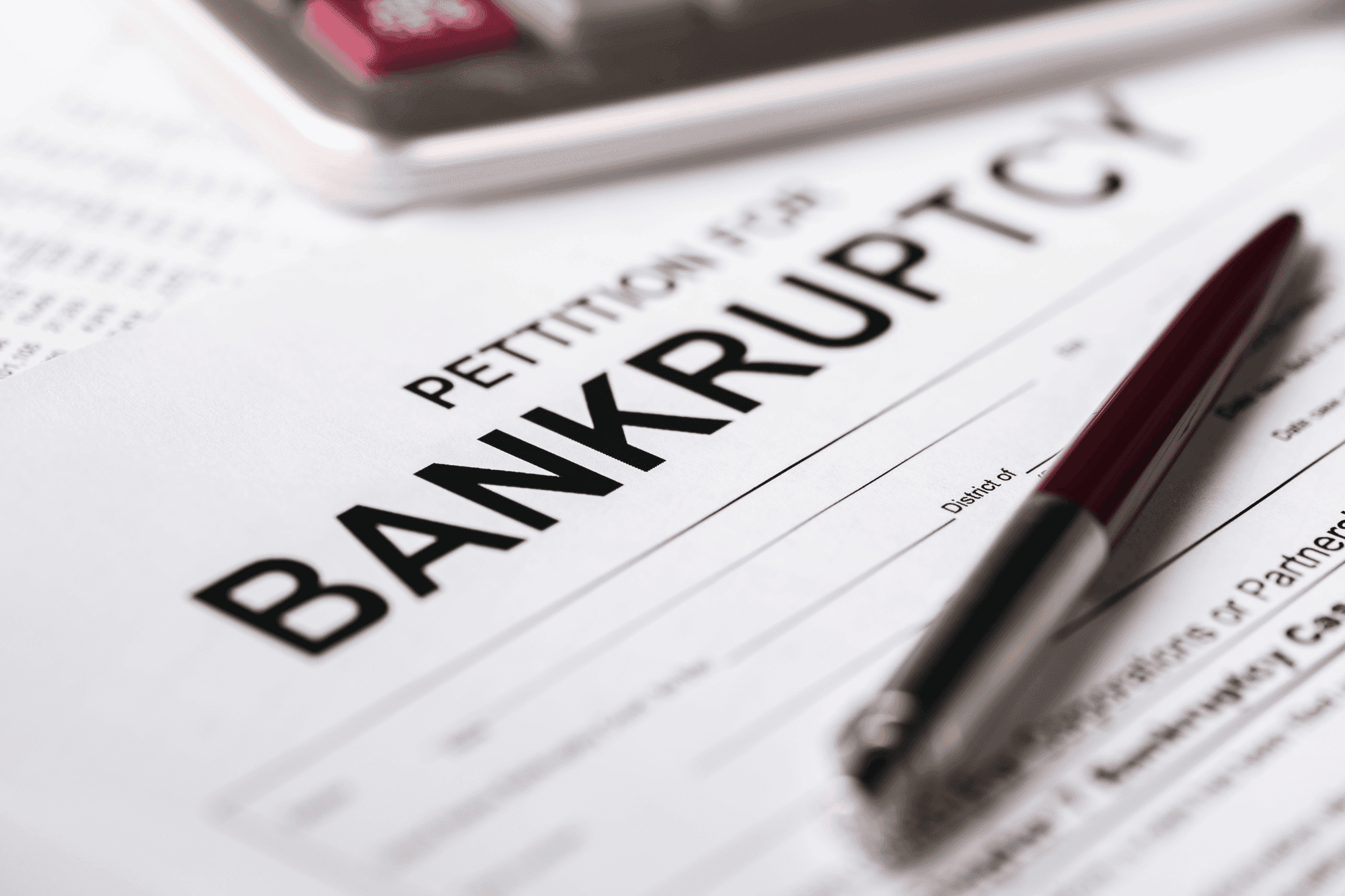Guide
Deciding whether to accept a settlement offer or keep fighting in court is one of the toughest choices in a personal injury case. There are important pros and cons to consider for each path, and your decision should be based on your unique circumstances. Below we outline key factors to help plaintiffs like you make that choice – especially if you have the option of pre-settlement funding from Instabridge to ease financial pressure.
Evaluating a Settlement Offer
A settlement can resolve your case quickly and guarantee you compensation, but it also typically requires giving up the right to any additional money later. Consider these points:
Amount of the offer: Is the settlement offer fair and sufficient? Ideally, it should cover your current and future medical expenses, lost wages, and pain and suffering. If the offer is much lower than what your attorney believes you could win at trial, you may hesitate to accept. Keep in mind that settlement amounts are often lower than a jury award.
Speed and certainty: Accepting means you get money soon without further delay. Settlements usually resolve “within months,” whereas trials can drag on for years. This faster timeline is a big advantage – it allows you to move forward with your life instead of waiting in limbo.
Costs and effort: Going to trial involves extra expenses (court fees, expert witnesses) and more time. A settlement avoids these extra costs. It is often described as a more “efficient and controlled” way to end the case.
Risk of trial: If you go to court, there is a risk of losing and getting nothing. On the other hand, once a settlement is signed, it’s final. There’s no appeal. One source notes that settlement is “guaranteed compensation” (even if it’s lower) versus the uncertainty of a trial.
Reasons to Continue Litigation
Sometimes fighting on is worth it. Reasons to consider going to trial (or at least continuing negotiations) include:
Stronger evidence of liability: If your case is very strong (clear fault by the defendant, strong medical testimony), a jury might award much more than the settlement offer. Trials allow for potentially higher awards (and even public admission of fault).
Sense of justice: A trial publicly holds the defendant accountable. If you or your attorney feel a settlement wouldn’t do justice, trial might be preferable.
No immediate need for cash: If you have enough savings or funding support to cover expenses, you can afford to wait. Less financial pressure often means you can hold out longer for a better outcome.
Favorable legal advice: Ultimately, your attorney’s assessment is crucial. If your lawyer believes the case would win a larger award and advises that holding out is wise, that carries weight (remember, less than 10% of personal injury cases actually go to trial, often by choice).
The Role of Pre-Settlement Funding
Having Instabridge funding changes the calculation. When you are strapped for cash, settlements become tempting because you feel you “have” to take what’s offered. Funding reduces that pressure. As one expert notes, by covering your living costs, funding gives your attorney “more time to build your case and negotiate the best possible settlement”.
In practical terms, funding means you can say “no” to a lowball offer that doesn’t meet your needs. You can wait for the insurance company to negotiate more seriously because you’re not desperate. In short, funding strengthens your bargaining position. It effectively “removes the pressure to settle early”.
Of course, you should discuss with your attorney whether continuing is worth the time and effort. But if you do decide to push on, Instabridge will be here to support you financially so that you don’t feel forced into a premature deal.
Key Questions to Ask Yourself
When facing a settlement decision, reflect on these factors (discuss them with your attorney too):
Financial needs: Do you need money immediately for rent, bills, or medical care? If yes, a quick settlement might seem attractive. If no (for example, if you have funds or Instabridge advances), you have more flexibility.
Settlement amount vs. case value: Is the offer close to what you expect your case to be worth? A significant gap may mean potential for more at trial.
Risk tolerance: Are you comfortable with the uncertainty of trial (it could win big or lose)? Or do you prefer the sure thing?
Time and stress: Can you handle a longer process? Trials can be emotionally draining. Settling brings faster closure.
Advice from experts: Trust your attorney’s judgement. If they strongly recommend trial because the offer is unreasonably low, consider that. If they suggest taking it as fair, weigh it seriously.
Conclusion: Weighing Your Options with Instabridge
Deciding whether to settle or continue to trial is deeply personal and strategic. There is no one-size-fits-all answer. Statistics show most cases do settle (only about 10% go to trial), but with Instabridge’s support you can ensure that financial need doesn’t force you into a bad deal.
If you have a fair settlement in hand and no urgent need, accepting might be wise. If not, Instabridge funding can help you hold out. Remember, you should never feel compelled to take the first or lowest offer simply because you can’t pay your bills. By applying for pre-settlement funding, you gain options.
Ready to discuss your situation? Instabridge is here to help evaluate your funding and settlement choices. Contact us to explore how funding can give you the freedom to make the best decision for you. We’ll work with you and your attorney to find a solution that keeps your case on track and your finances secure.





































































































































































